Jamiat trust defends ‘halal’ certification for tulsi water, water bottles
- In Reports
- 03:16 PM, Feb 25, 2025
- Myind Staff
The Jamiat Ulama-i-Hind Halal Trust told the Supreme Court on Monday that the government's claim about "lakhs of crores of rupees" being collected through halal certification for various products like cement, iron bars and bottles was completely false, misleading, and baseless. In an affidavit submitted to the Supreme Court, the trust denied the Centre’s claim that it had certified cement and iron bars. It urged the court to ask the Centre on what basis it made such a statement. The trust also clarified that its annual revenue is around ₹2.1 crore, out of which ₹59.2 lakh is paid as tax. Additionally, it defended issuing halal certification for products like lipstick, tulsi water, biscuits, and bottled water, stating that it ensures these items do not contain animal fat, bones, or any other such ingredients.
Referring to Centre's statement during a court hearing on Jan 20, the affidavit said, "It is submitted that statements of Centre are completely incorrect, vexatious and scandalous. The statements are without any basis, inconsistent with the record and the pleadings sworn on oath by public officials submitted before this court. The instructing officer of govt has shown irresponsible behaviour while instructing the solicitor general to make such statements. This court may direct government for disclosure of the fact as to which officer instructed the SG to make such a statement before this court as these statements have caused serious prejudice to the concept of halal; which is considered to be one of the basic requirements of behaviour and lifestyle of a very large community of our country." The Centre informed the court that 'halal' certification is not limited to food products but is also required for various other items, including cement and iron bars.
Responding to allegations, the trust said, "It is submitted that the petitioner has not issued any halal certification to iron bars or cement. The government is hereby put to strict proof for producing such certification having been granted to any of such manufacturing. However, there are few, predominantly, steel and cement manufacturing companies which produce materials to be used in preserving or protecting edible materials, like tin plates/food cans (for packaging) and are interested in doing their export for their material benefit. When it comes to making exports outside India, the importing establishments from outside India, place conditions on exporting companies that the said materials be halal certified." The trust stated that halal certification is an important aspect of religious beliefs and practices for a significant section of Indian citizens, which is protected under Articles 25 and 26 of the Constitution. It also plays a role in international trade and commerce.
"It is further submitted that halal certification, mostly, if not all, are consumer-driven. In the process as to whether this certification is required or not, there is no role to be played by the certifying agency. It is a business decision of manufacturing companies to opt for such certifications because consumers, who want to consume certain products, necessarily want such certifications," it said.



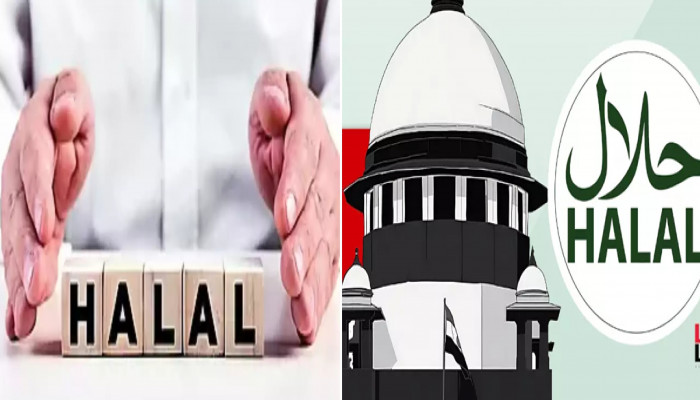




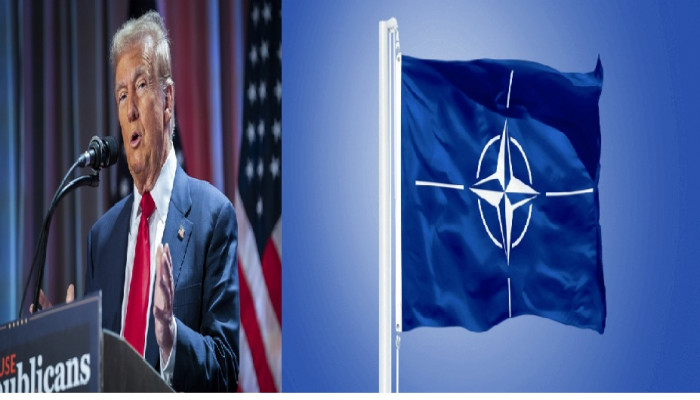
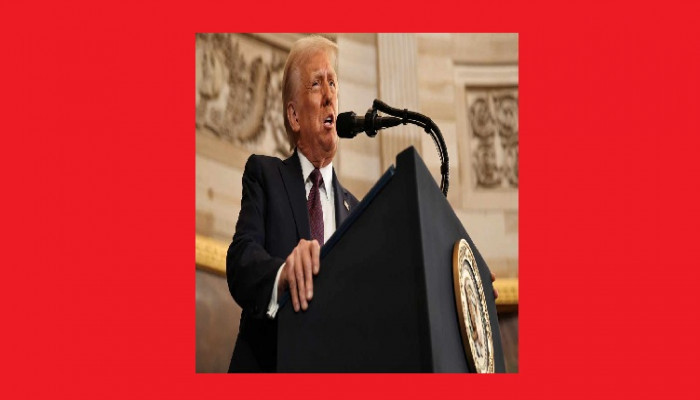

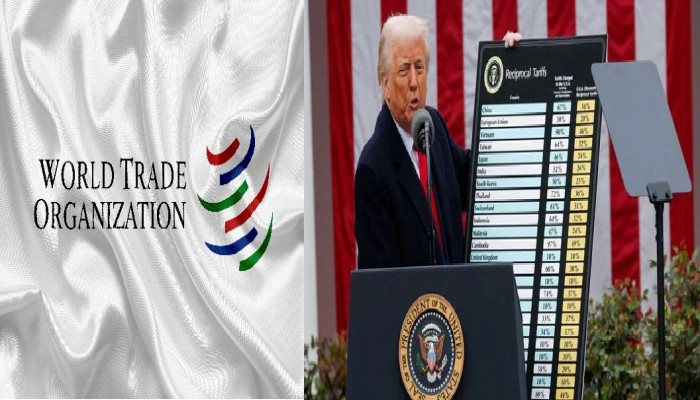
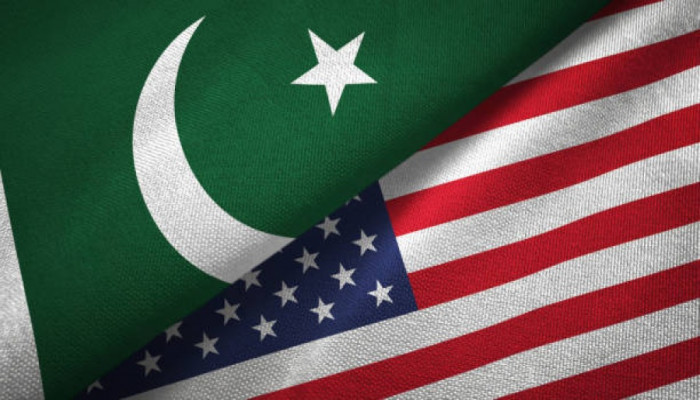





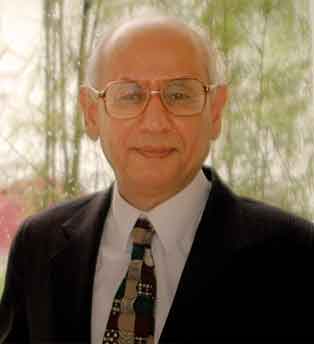








Comments